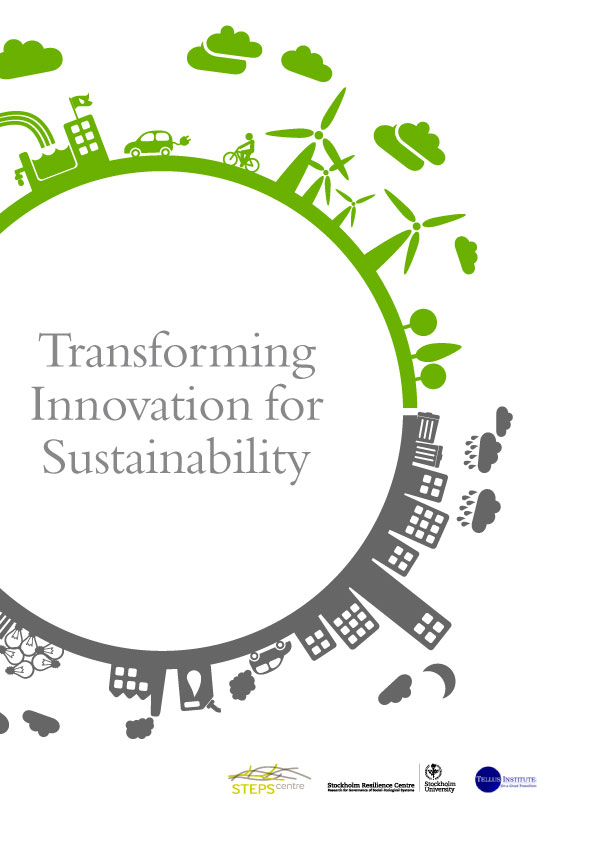- Published 08/06/12
- Read article online

by Melissa Leach, Johan Rockström, Paul Raskin, Ian Scoones, Andy C. Stirling, Adrian Smith, John Thompson, Erik Millstone, Adrian Ely, Elisa Arond, Carl Folke and Per Olsson
A radical new approach to innovation is urged by STEPS, Stockholm Resilience Centre and Tellus Institute in this new paper. As the world gears up for the Rio + 20 conference in June 2012, many are pinning hopes on Sustainable Development Goals (SDGs) as a concrete outcome. First mooted by the Colombian government, the idea is now supported by many governments north and south, and figures prominently in the conference’s ‘zero draft’ document and the recommendations of the UN High-level Panel on Global Sustainability (UN GSP).
Many are now arguing that a set of SDGs should fill gaps in the Millennium Development Goals (MDGs) up to their 2015 target date and beyond, becoming a successor to the MDGs in thinking and action on environment and development. Yet, as highlighted in a recent briefing from New York’s Centre on International Cooperation, there is little clarity on what SDGs should involve, who should set them, and how they can be realised in practice (Evans and Steven 2012).
This commentary article draws on recent research by the STEPS Centre, the Stockholm Resilience Centre and the Tellus Institute to argue that Sustainable Development Goals that keep human societies within a ‘safe operating space’ are indeed now urgently needed. However delivering on these requires a radically new approach to innovation, that gives far greater recognition and power to grassroots actors and processes, involving them within an inclusive, multi-scale innovation politics.
Download the PDF
- Transforming Innovation for Sustainability (pdf 802kb)
